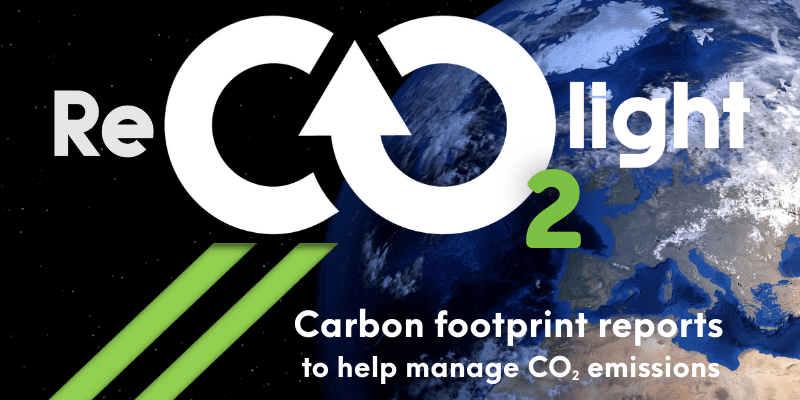A new study shows that metal-organic frameworks (MOFs) can be adapted to capture benzene from the air, offering a potential solution to tackling a major health and environment risk.
Led by the University of Manchester, the work shows that this kind of ultra-porous material can be modified to capture and filter out significantly more benzene from the atmosphere than current materials in use, said the group.
Benzene is primarily used as an industrial solvent and in the production of various chemicals, plastics, and synthetic fibres, but can also be released into the atmosphere through petrol stations, exhaust fumes and cigarette smoke. Despite its widespread applications, benzene is classified as a human carcinogen, and exposure can lead to serious health effects, making careful management and regulation essential.
The research, published in the journal Nature Materials on 29 October, could lead to significant improvements in air quality both indoors and outdoors.
Lead researcher Martin Schröder, Professor of Chemistry at The University of Manchester said: “The removal of benzene at low concentrations has been a long-standing challenge, especially in real-world conditions. Current methods such as oxidation or biological treatment often struggle with efficiency and can produce hazardous by-products. This research tackles both of those problems and is an important step forward in addressing one of the most ubiquitous health and environmental challenges.”
MOFs are advanced materials that combine metal centres and organic molecules to create porous structures. They have a highly adjustable internal structure, making them particularly promising for filtering out harmful gases from the air.
The researchers modified the MOF structure – known as MIL-125 – by incorporating single atoms from different elements, including zinc, iron, cobalt, nickel and copper to test which would most effectively capture benzene.
They discovered that adding a single zinc atom to the structure significantly enhanced the material’s efficiency, enabling it to capture benzene even at ultra-low concentrations – measured at parts per million (ppm) – a significant improvement over current materials.
The new material – now known as MIL-125-Zn – demonstrates a benzene uptake of 7.63 mmol per gram of material, which is significantly higher than previously reported materials.
It is also highly stable even when exposed to moisture, maintaining its ability to filter benzene for long periods without losing effectiveness. Tests show that it can continue removing benzene from air even under humid conditions.
Co-lead researcher, Sihai Yang, Professor of Chemistry at The University of Manchester, added: “This breakthrough illustrates the power of atomic-level modifications in materials science. While our current research focuses on benzene, our design and methodology opens the door to adaptation to capture a wide range of air pollutants.
“The research provides a new approach for studying how these materials interact with gases, helping to develop more effective solutions for environmental and industrial challenges.”
As the research progresses, the team will look to collaborate with industry partners to develop this and related new materials, with the potential of integrating it into ready-made devices, such as air purification systems in homes, workplaces, and industrial settings.

















